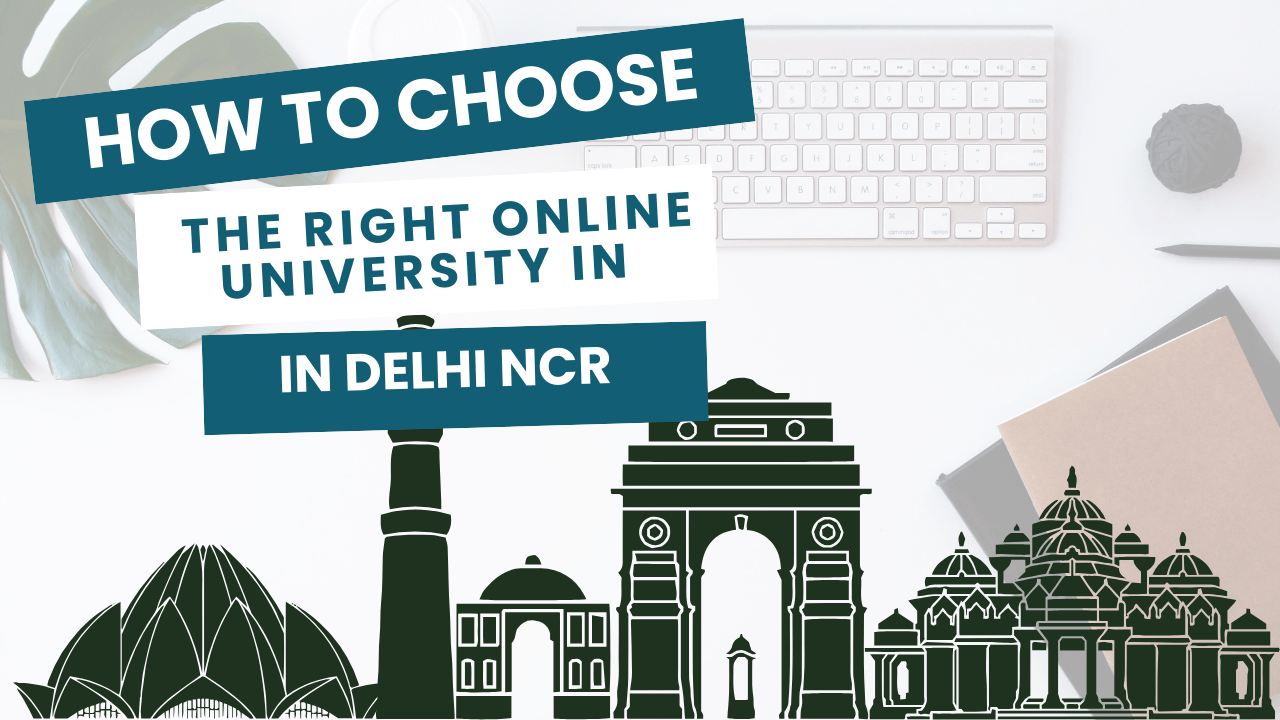Bhoomi Kaushik
Get Real Experts on your side
Before venturing to seek career counseling, answer a few basic questions so we can connect you with our best expert counselor for personalised guidance and mentorship.



.png)
Bhoomi Kaushik
23/11/2024
Access to health care is one of the most critical issues that societies across the world face. With developments in medical technology, life-saving treatments, and a greater understanding of health matters, millions are prohibited from gaining safe healthcare. Health insurance remains one of the most important factors indicating whether a person gets medical care in good time and proportionally. It is still of great importance to find the role that health insurance plays while expanding health care. The blog now analyzes how health insurance works positively with better access to health care and discusses its advantages and disadvantages, with the key importance of expanding the coverage for all.
Health insurance provides a safety net against the high costs of healthcare. Without insurance, medical bills can quickly spiral out of control, especially for serious illnesses, surgeries, or emergency care. According to a study by the Kaiser Family Foundation, nearly 1 in 4 people in the U.S. reported not being able to afford care because of high out-of-pocket costs, including deductibles and co-pays.
Health insurance reduces the pressure on such people in terms of cost since it covers most of their healthcare expenses. As a result, the likelihood that they may forgo some essential medical treatments to avoid costs will be reduced, and they will be able to access treatment.

Another way that health insurance can improve access to health care is by improving access to preventive services. Most preventive care services, such as normal check-ups, screening services, and immunizations, are usually available without any cost-sharing arrangements in most insurance packages. Health insurance, therefore, facilitates early diagnosis of health problems before they develop into severe cases.
Preventive care is a lifeline in itself and can eventually save money. For instance, screening for cancer or heart disease may result in early detection and more effective treatment compared to later emergency care.
Health insurance usually includes access to a network of healthcare providers, ranging from primary care physicians to specialists, hospitals, and clinics. This network allows patients to see only trustworthy professionals without fear for the quality of care or worry about financial out-of-network expenses. In universal health insurance countries such as the UK or Canada, patients are assured of access to care without worrying whether it is part of a network or not.
For those without coverage, however, it is impossible to afford to find a good doctor or specialist. In some cases, emergency care could become the most feasible choice over scheduling visits, wasting medical resources and creating crowded emergency rooms.
|
Undergraduate Programs |
Post Graduate Programs |
Having health insurance means many different things that lead to better health outcomes. Those who have insurance go to a doctor and get proper medical care in a timely manner, take their medicines, and follow up on recommended treatments and therapies. These can lead to better chronic disease management, such as diabetes, hypertension, and asthma, as well as a greater likelihood of survival from critical illnesses such as cancer.
In fact, studies showed that those under coverage have better-coordinated care that significantly reduces hospital readmission and improves disease management. This is how insurance works as a financial rescuer and a booster of improved public health.

Despite its importance, health insurance can hardly eradicate all healthcare access inequities. There remain various disparities in healthcare insurance coverage, often linked to race, income, geographic location, and employment status. For instance, those in rural areas or minority communities face numerous difficulties in securing health insurance, even if options are available. Moreover, those without steady employment or with unstable income may be less likely to afford premiums or co-pays.
In this regard, although health insurance improves access to healthcare, it ought to be supplemented by greater efforts to combat the system's structural problems. For example, insurance-access-related policies and cost-reduction policies will be essential to making healthcare more accessible for everyone, including social determinants of health such as education and housing.
Despite its positive implications for access to healthcare, several obstacles persist regarding health insurance. These include high premium costs, limited plans, and extensive paperwork. The process of deciding what health insurance a person is covered under needs more transparency. In most other countries, employers bear the bulk of the responsibilities of providing health insurance coverage. Only some have such employer-provided benefits. Freelancers, gig workers, and unemployed individuals usually face even greater challenges.
Other issues also represent a form of underinsurance since one may be covered but still face high out-of-pocket expenses for care, which can limit access to health care with respect to cost.
Whether it is promoting or making health care accessible, the role of health insurance is undeniable, but much needs to be done. As costs in the health sector continue to multiply and innovate, there must be methods such that every individual gets the required care. It may encompass making healthcare more affordable, simplifying insurance options, and reducing disparities in coverage.

For example, in the U.S., there have been ongoing discussions about expanding Medicare to include public health insurance options or moving toward a single-payer system. These initiatives aim to make health insurance available to more people so that they can seek access to these important services without fear of financial disaster.
Worldwide policymakers are now considering UHC models that would allow everyone to get care regardless of income or location. Norway, France, and Japan have tried such systems and proved that universal health insurance leads to better health outcomes and reduced healthcare costs.
Then, access to good-quality health care is partly based on health insurance. It provides financial protection, facilitates preventive care, widens access to healthcare providers, and, ultimately, improves health outcomes. However, issues such as affordability, inequities in coverage, and underinsurance serve as barriers to universal access to health care. For that reason, the role that health insurance plays in achieving equity in accessing health care becomes a serious concern in building healthier societies.
Then, this country can move toward a future where good quality healthcare is available for all, regardless of one's socioeconomic status. This is what should be the purpose: making health insurance accessible to everyone as a right, not a privilege to a few, and not in exchange for mere better health and better well-being but also in the context of a greater equity level.
Our Latest Blogs: |
|
8. Is Online Degree Valid in the USA from Indian Universities |




.png)











.jpg)


.jpg)




.png)







.png)

.png)




.png)

.png)
.png)



.png)

.png)


.png)

.png)


.png)

.png)

.png)
.png)

 (1).png)



.png)

.png)
.png)


.png)


.png)


.png)

.png)







.png)





.png)


.png)














.png)













.png)




.jpg)






.png)




.png)


.png)
.png)
.png)
.jpg)



.png)


.png)
.png)
.png)



.png)











.png)
.png)



.png)


.png)
.png)


.jpg)







.jpg)









.jpg)





.png)


.jpg)



Before venturing to seek career counseling, answer a few basic questions so we can connect you with our best expert counselor for personalised guidance and mentorship.
